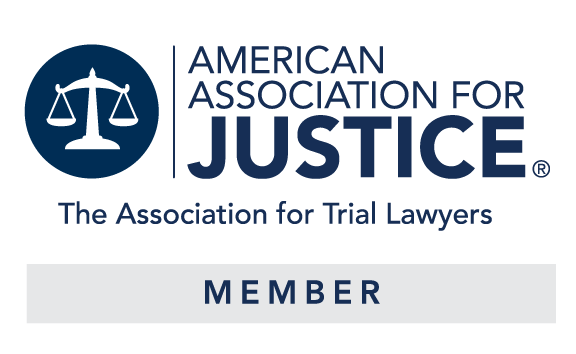What is a "HGN" test for DUI cases?
/When a police officer pulls over a person suspected of driving under the influence, that officer is permitted to request that person to submit to a number of what are called "Filed Sobriety Tests" ("FSTs"), including what is called the "Horizontal Gaze Nystagmus" test (the "HGN"). This is the test (as some of you may have seen) where the police officer instructs the suspect to follow his finger or pen - and where the officer is going to observe how the suspect's eyes follow that finger or pen. The term "nystagmus" refers to an involuntary jerking of they eyes. The officer is looking to see how the eyeballs move, and how soon and how much (if at all) those eyeballs begin to shake or jerk.
The theory behind this particular test is that the sooner any jerking begins, and the more pronounced and the longer the eye jerking continues, the more alcohol is in that person's blood - and, the more under the influence that subject is. The officer is looking for three "clues" for each eye, for a total of 6 clues for the whole test - with the generally accepted fail point being just 4 clues. If a suspect fails just the HGN test alone, the officer can place that suspect under arrest and (at the police station) request the suspect to blow into the "BAC" machine. There are other FSTs that an officer does at the scene (including a "walk and turn test and a "heel-to-toe" test), but those other tests will be discussed in future blog postings.
Many defense lawyers take the position that the HGN test is not scientifically reliable, and that a court should never allow a jury to hear about the HGN test. However, the Ohio Supreme Court has long held that a HGN test, when properly administered, is admissible at trial, and that an officer can testify about how the test is often validated by the BAC machine results. The bigger issue in a DUI case is whether the specific police officer administered the test properly - specifically according to a well know manual called the "NHTSA Manual." Most well qualified defense attorneys know what the proper procedures are, and how to properly cross examine a police officer about how a particular HGN was administered. When looking to hire a DUI defense lawyer, make sure that lawyer has sufficient experience with these types of hearings.



